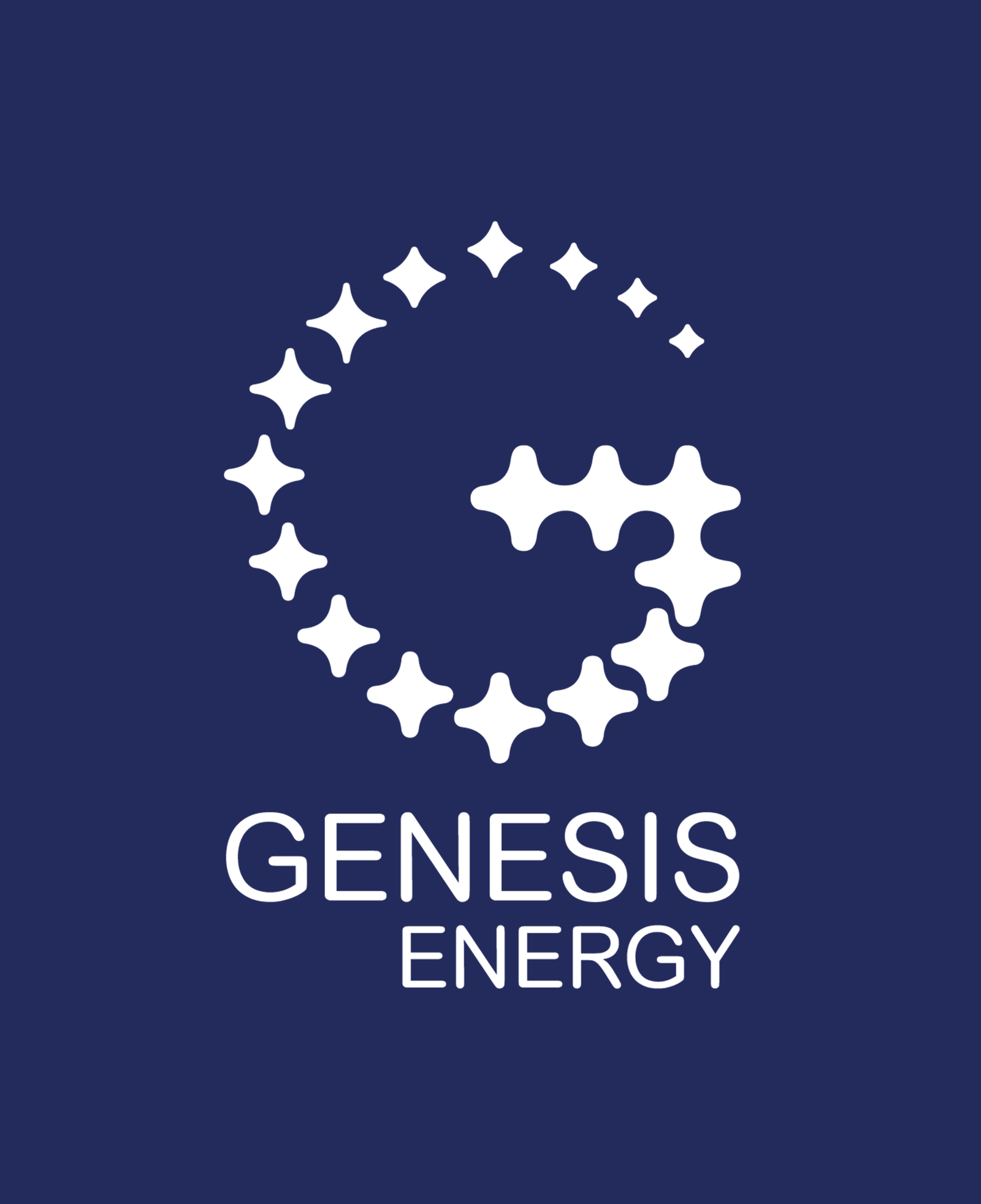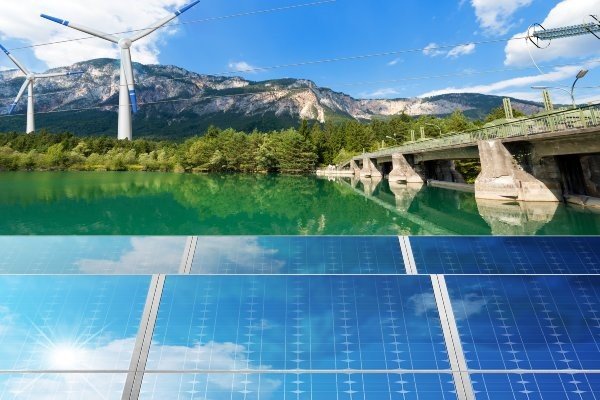By Akinwole Omoboriowo II, Chairman of Board of Directors, Genesis Energy
Africa has been described as the last investment frontier and a lot of the said potential investment opportunities exist in the power sector.
Africa is a continent with over a billion people and according to recent research by the United Nations (UN), the population is expected to grow to 2.5 billion people by 2050. The majority of whom do not have access to modern form of electricity, whilst those that do continue to experience endless electricity unavailabilities.
According to US Power Africa fact sheet, the Democratic Republic of Congo (DRC), for example, a country of over 85 million population, has “national electricity access rate of just 9%, with 1% in rural areas and 19% in urban areas”. This shows the enormity of the supply gap and the large investments opportunity in the country.
Consequently, the huge amount of capital project construction expenditure needed to meet extant electricity supply gap across Africa makes for substantially compelling positive investment opportunities in the power space. This gap, coupled with the urgent need to meet the deadline of UN Sustainable Development Goals (SDGs) by 2030 – particularly SDG7 – means that the opportunity for the power sector to light up Africa is consequentially enormous to say the least.
SDG 7 seeks to ensure access to affordable, reliable, sustainable and modern energy for all by 2030. Most African countries recognise that gas operated power plants alone are unable to meet the urgent demand for power and as such they are tilting their policy thrusts towards encouraging investments in the use of renewable energy solutions including hydro, solar, wind, geothermal and nuclear.
Taking the mini-hydro, for example, it is a very valuable part of the Africa’s energy mix and can be developed with minimal or no negative social and environmental impacts. Mini-hydro plants can be set up in virtually all parts of Africa. Their sustainability for stand-alone utilisation in the rural areas of Africa can be justified by noting that many viable mini-hydro scale plants are actual ‘run-off-river’ schemes based on water wheels that require a minimal amount of civil works.
Genesis Energy (GENESIS) is primed to deploy multiple units of modular mini-hydro power plants across several qualifying communities in Africa, in partnership with highly capable international companies, including Voith-Germany. It is GENESIS’s ambition that these multiple off-grid small hydro investments will act as needed catalysts in stimulating improved socio-economic activities within the rural communities and beyond.
The attractiveness of this innovative mini-hydro modular run off the river solutions, besides speed of deployment on fast track basis with little or no civil construction, includes the financing solution of potential funding to be provided by several multilateral developmental institutions and national credit agencies of up to 85% of the equipment cost; single digit fixed interest rate and long term repayment period of up to 20 years.
These renewable energy solutions can be deployed to existing electricity grids as necessary “complimentors” or limited to a consuming community or location through mini-grids, which ensures that communities that are not competitively served by the national grids may still be served with modern, competitively priced and clean power in a sustainable way.

